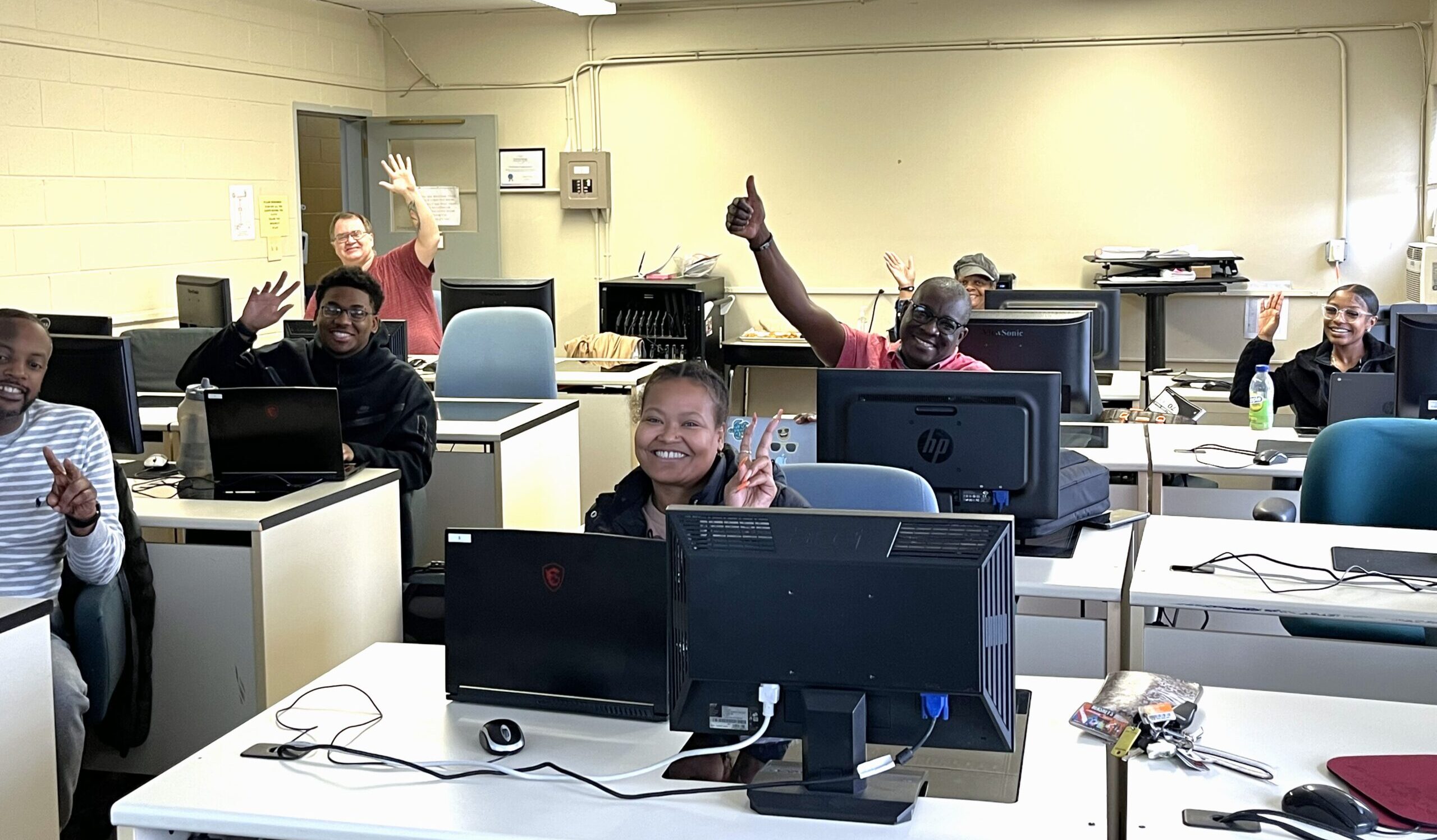Methodist Church Pursues Equity
Methodist Church Pursues Equity
By Ray Marcano
The Rev. Peter Matthews looked beyond the pews of his church and saw a neighborhood that needed his help.
While it hasn’t been easy, the efforts have turned Matthews’ McKinley United Methodist Church into an indispensable part of its Dayton, Ohio community.
McKinley, Ohio’s oldest African American Methodist Church, sits in zip code 45402, one of the 23 poorest in the state and the overall poorest in Dayton. This zip code’s median income of $37,566 is 43% below the state’s median of $65,720. Nearly one-third of residents have incomes below the poverty level.
Making matters worse, the COVID-19 pandemic threatened to derail his efforts and hard-won gains.
By 2020, McKinley had rebuilt its membership to 200 parishioners, up from the 39 members Matthews pastored when he took over in 2016.
But when the pandemic hit, Matthews knew McKinley needed to push even harder to transition from just delivering the word from the pulpit to preaching that the church was dedicated to helping the community meet its needs.
“With the onset of COVID-19 in 2020 we had to look both within ourselves and upward to God simultaneously,” he said. First, he partnered with a local COVID mobile clinic that tested 2,500 people. That opened avenues for him and his pastoral staff to engage with the neighborhood.
There were “countless hours of conversations with both persons who live in the community and the church who now began to see itself as more than merely a place to worship on Sunday morning.”
Those conversations led to a program that’s become core to the neighborhood.
The church started the Dayton Equity Center, which provides a number of services including job training, an after-school program for children, low-cost clothing, a weekly lunch, food pantry, and more.
The programs serve 4,500 people annually, Matthews said.
The center’s motto “Opportunities For All,” comes from the church’s social principles that affirm the value of every person.
The effort carried risk because the church sought to build a sustainable social service infrastructure. The small church staff took on roles in the equity center in addition to church duties. Matthews found himself fundraising to keep the center afloat. He spent time reaching out to community leaders and businesses to push for job training initiatives at the church.
His congregation wondered whether he was paying enough attention to their needs.
Along the way, the church had to overcome difficult barriers. Churches aren’t “suited to offer basic needs to working class and persons below the poverty line,” Matthews said. Historically, churches take care of those in their flock and, while they offer some services, they don’t have the expertise to implement a full-fledged social service program.
But McKinley’s role in an urban area required its leaders to “lean into their faith in systemic and holistic ways” to become a community anchor.
That’s what McKinley has done, by offering opportunities to help people position themselves for a better life. For example, the equity center offers a six-week boot camp that provides entry level certification in cyber security. Those jobs pay $60,000 and up, a life-changing salary in an area that needs as many of them as it can get.
McKinley’s leadership continues to push on. The equity center has led to their newest initiative, The Global Village. The consulting firm recruits and works with future urban leaders and congregations to help improve their communities. The project currently has contracts with two seminaries, 11 HBCU’s and 11 churches across the country.
With all of these endeavors, and more to come, Matthews calls the stories he hears from people his “quilt of inspiration.”
It’s a quilt that isn’t finished.
This story is part of Lake Institute’s story collection, the Faithful Generosity Story Shelf, which highlights congregations and other religious organizations who have sought to use their assets and resources in creative—and sometimes surprising—ways as an expression of faithful giving.
Each entry in our Story Shelf is short enough to be read and discussed during a committee meeting or other group gathering. Our hope is that these accessible vignettes will spark new questions, conversation, and imagination among clergy and laity about what might be possible with the funds, buildings, land, and other resources in their care. If you know a story that should be included in the Story Shelf, suggest it here.
Subscribe
Insights, a bi-weekly e-newsletter, is a resource for the religious community and fundraisers of faith-based organizations that provides:
- Reflections on important developments in the field of faith and giving
- Recommended books, studies and articles
- Upcoming Lake Institute events

